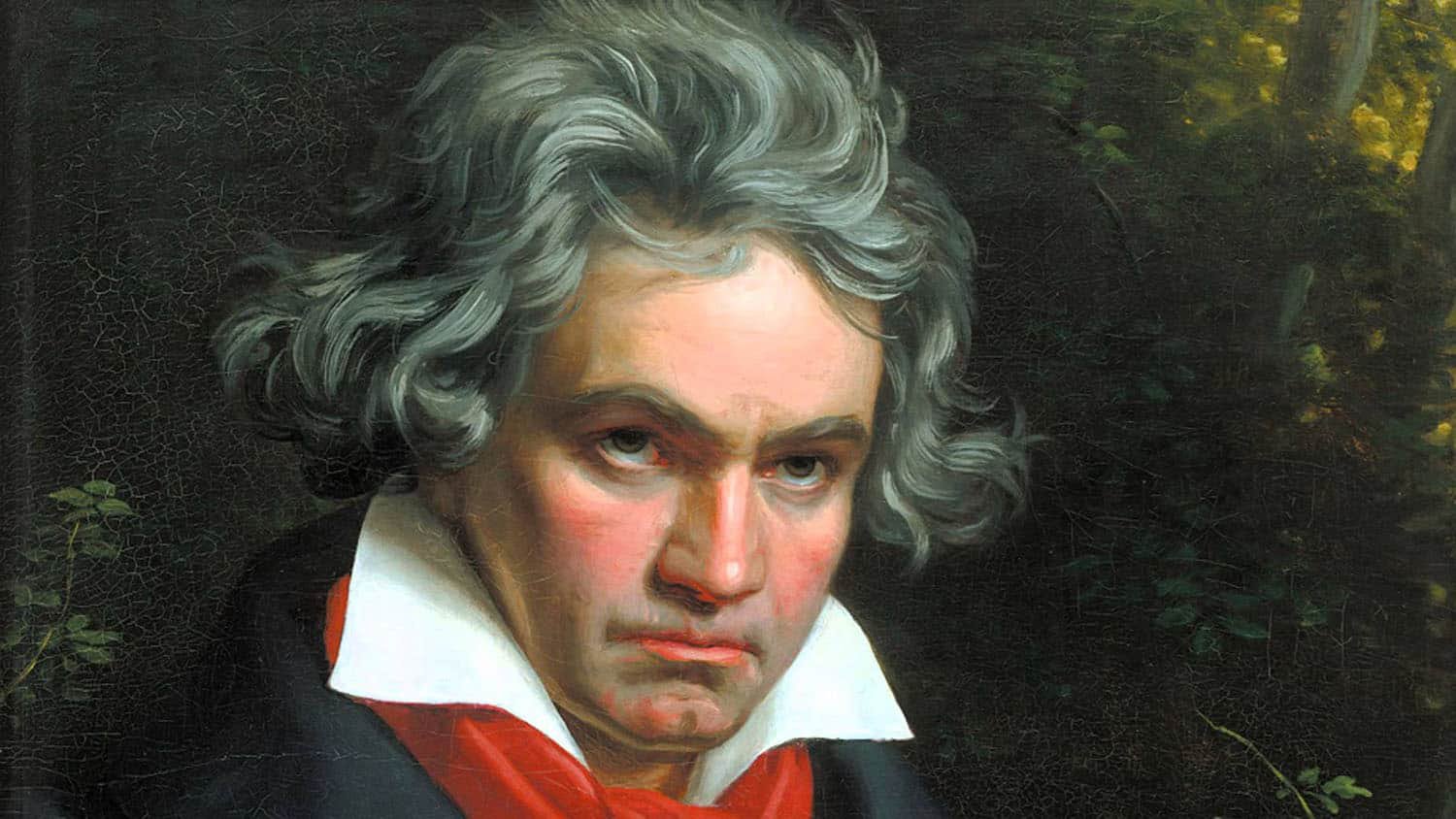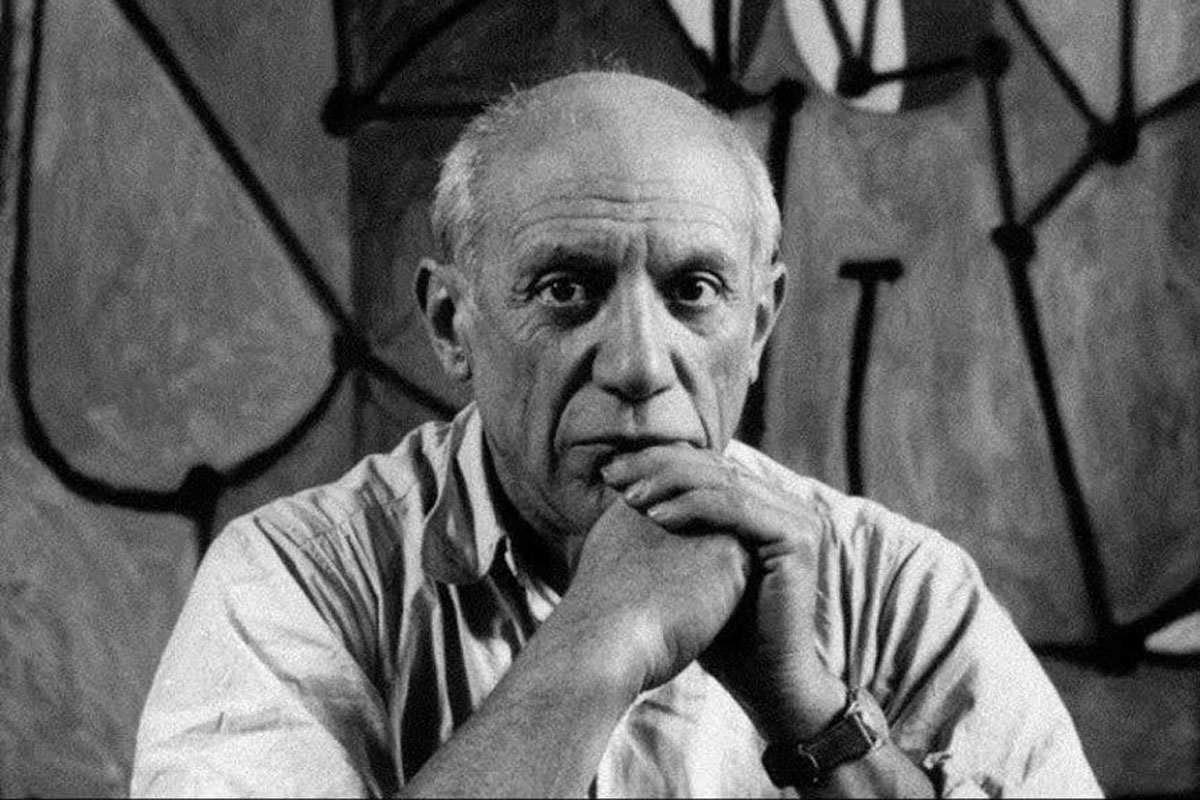This series of articles seeks to examine the character attributes of highly successful leaders, regardless of their adherence to a strong faith or moral standard. In presenting these thoughts, Leadership Ministries is not agreeing with or advocating these traits or practices, but rather presents these as ideas for discussion and development in your own leadership journey.
Robert “Bob” Iger was Chairman and CEO of the Walt Disney Company from 2005 to 2020, and came back to lead the company again beginning in 2022. A veteran of the entertainment industry, previously serving as an executive then President of ABC Television, Iger’s tenure at Disney saw the company’s value grow from $48 billion to $257 billion. A popular leader known for his likeable demeanor and thoughtful business decisions, Iger put off his retirement several times at the urging of Disney’s board.
Build a great network. Shortly after becoming head of Disney, Iger presented a strategy to increase Disney’s “character count”—being able to entertain everyone meant owning as many different story universes as possible. He began with Pixar, the upstart computer animation studio owned by Steve Jobs that had a string of successes, but with a Disney partnership that had soured under Iger’s predecessor. Iger mended fences with Jobs, then bought Pixar for $7.4 billion. Then Marvel for $4 billion. Lucasfilm, home of Star Wars, for $4 billion. Then 21st Century Fox for $52.4 billion. Each acquisition held dozens of popular and pre-existing movies and characters that Iger could build on with more movies, TV shows, streaming series, theme park rides and other products.
Iger commented, “I’m proud of a lot of the decisions that were made. Certainly, the acquisitions—I’d say of all of them—Pixar because it was the first. And it put us on the path to achieving what I wanted to achieve, which is scale when it comes to storytelling. What I wanted to do more than anything is, I wanted to send a signal to everybody at Disney that it was a new day, that we were more open-minded about expansion, in particular about partnerships. That creativity was the most important strategy for the company.”
Bob Iger signs a contract purchasing Lucasfilm from George Lucas for $4 billion. Within four years of the purchase, new Star Wars films produced by Disney had grossed more than $4.8 billion at the box office. Photo: Disney
Today Disney’s network of entertainment spans the gamut, from ESPN to ABC, National Geographic, the Muppets. With intergalactic tales, superheroes and cartoon characters Disney has entertaining properties that touch every age and interest.
Don’t be obnoxious. Iger is known as kind and mercurial. He doesn’t believe in berating people or expressing strong negative opinions. On becoming Disney’s CEO he said, “I had a very hard time becoming CEO. I went through 15 interviews with the board of directors to get this job, and there were many hard tests. I was following someone who was CEO of Disney for 21 years, Michael Eisner. Having been his number two for five of those years (COO), the board tried to bait me into being very critical of him. I was still working for him and he had been a mentor of mine in many ways. I simply refused to do that. And they kept pushing and pushing and pushing. They were trying to get me to make a case for myself by comparing me to him and I didn’t want to do that. It would be disrespectful to him and I also felt it was irrelevant because it wasn’t about the past, it was about the future.”
Iger focused on genuinely caring for people. In his acquisition of Lucasfilm, for instance, he was careful not to offend George Lucas. He knew that Lucas was not selling his business, but rather his legacy, which Iger wanted to be respectful of. Of his business style Iger said, “It’s about nurturing an environment in which people seek excellence, without forgetting to be empathetic and fair.” In his book Iger said of his attitude, “Success can breed all kinds of other behavior and cause companies to behave a certain way that isn't necessarily the ingredients for achieving more success. For instance, with success comes arrogance, and that's typically the death of success.”
Iger’s kindness was noted by record producer David Geffin, who said of him, “I have never heard one person say a bad thing about him and I have never seen him be mean.”
Do your homework. Author Diana Drake of Wharton comments, “Iger considers thoughtfulness to be one of the most underrated elements of good leadership. It is the process of gaining knowledge, he writes, and it’s about taking the time to develop informed opinions. Iger believes it’s critical to allocate time, energy and resources to the strategies, problems and projects that are of the highest importance.”
Iger isn’t afraid to ask questions and to admit where his knowledge is limited. “Many people, especially company leaders, feel like they need to come across as experts,” he comments. “Not only does this add unnecessary stress on one’s shoulders, it is also detrimental to the overall success of the project or business at hand. If you don’t know something, don’t pretend like you do. Ask.”
Iger’s humility when approaching bringing a theme park to a new culture meant massive changes to the tried-and-true park formula. Photo spots like these are littered throughout Shanghai Disneyland as the Chinese are obsessed with “selfies”. Photo: Disney
Be humble. In his first job in the entertainment field as the president of ABC Entertainment, Bob Iger admitted he knew nothing about the business. In that situation, his first rule is “not to fake anything”. He urges everyone in this position to do the same. Iger said, “True authority and true leadership come from knowing who you are and not pretending to be anything else.”
One of Iger’s biggest projects at Disney was Shanghai Disneyland. The 963 acre park was 11 times larger than California’s Disneyland. The $5.5 billion project had to be successful and it meant Iger had to carefully consider Chinese culture and preferences. “We didn’t just build Disneyland in China. We built China’s Disneyland,” he said. Gone were some of Disney’s most iconic rides, like “Space Mountain”, the train encircling the park, and Haunted Mansion, because they didn’t fit with Chinese cultural norms. At the park’s center is a massive Chinese garden which contains dozens of spots for taking selfies—a tremendously popular Chinese pastime.
His humility in approaching the Chinese market worked. In its first year, Shanghai Disneyland welcomed 11 million visitors. Along with humility Iger also practices a high level of optimism. He says, “No one wants to follow a pessimist... You can be skeptical, you can be realistic, but you can't be cynical. If your boss is Eeyore, do you want to work with someone like that? Oh, bother.”
Cover photo: MasterClass


































Dietrick Bonhoeffer (1906-1945) was a German pastor, theologian and anti-Nazi dissident. He was opposed to Hitler’s genocide of the Jews, and ran “underground seminaries” during the war. In 1943 he was imprisoned by the Gestapo. Bonhoeffer was executed in the spring of 1945.